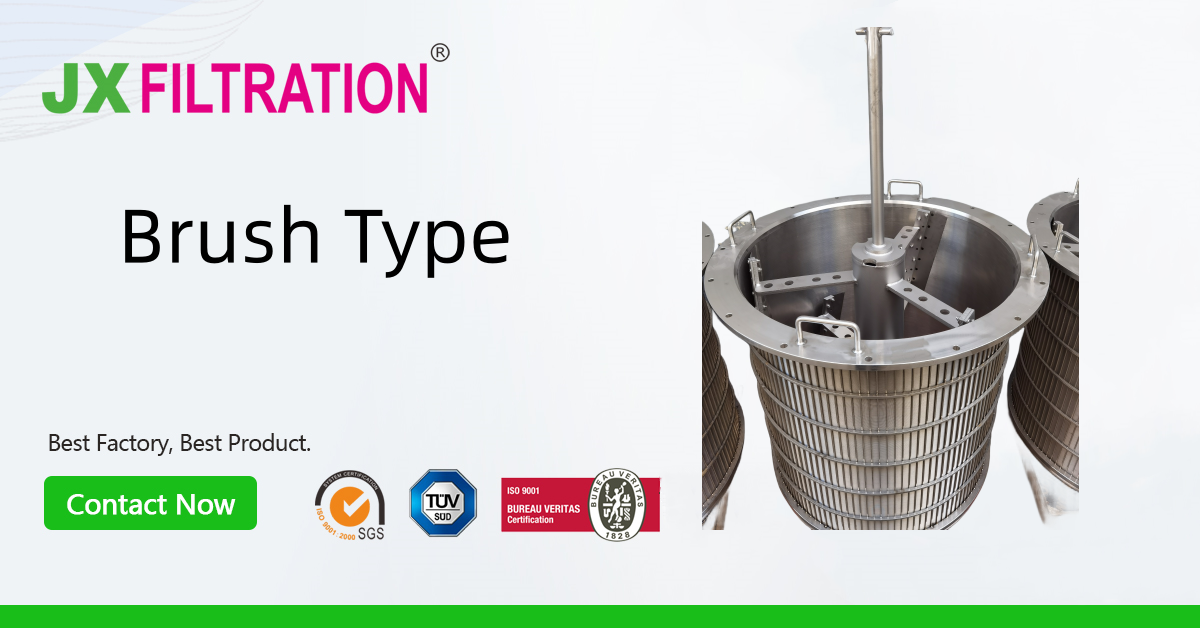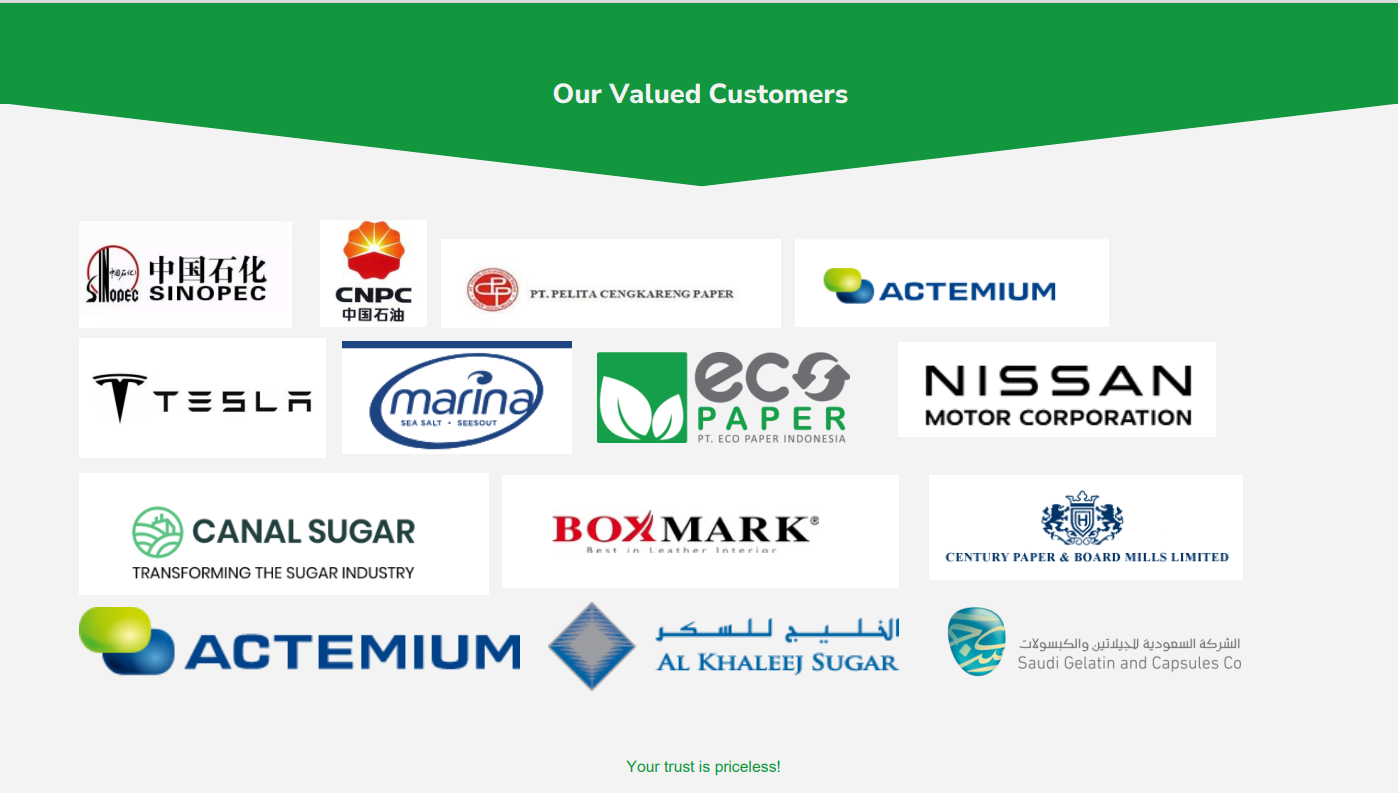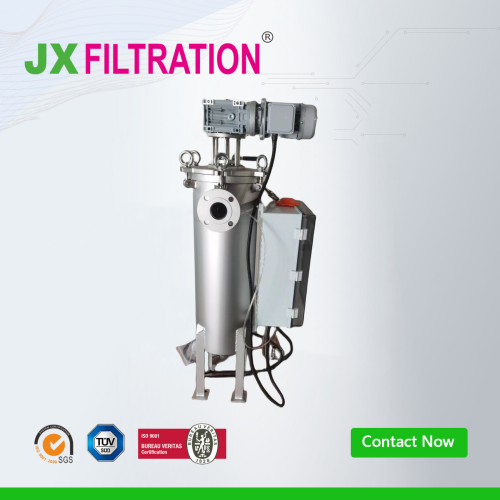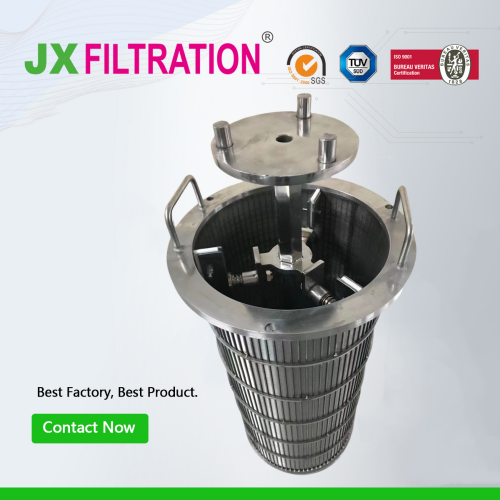Brush Type or Scraper Type Self Cleaning Filter
In the complex world of industrial filtration, the choice between filtration technologies can significantly impact the efficiency and reliability of your processes. Two innovative solutions, the Brush Type Self Cleaning Filter and the Scraper Type Self Cleaning Filter, offer distinct advantages. Here, we delve into the key differences between these two systems to help you make informed decisions for your unique filtration needs.
Brush Type Self Cleaning Filter:
-
Cleaning Mechanism: The Brush Type Self Cleaning Filter employs rotating brushes that continuously sweep the filter screen or element's surface. These brushes dislodge contaminants, which are then flushed out of the system by the fluid flow.
-
Continuous Filtration: Due to its continuous cleaning mechanism, the Brush Type Filter provides uninterrupted filtration. This makes it suitable for applications where maintaining a consistent flow is crucial.
-
Maintenance: While the Brush Type Filter requires minimal manual intervention, it does necessitate periodic brush replacement. These replacements are relatively straightforward and do not involve extensive downtime.
-
Filtration Precision: The Brush Type Filter is effective at removing larger particles and is ideal for applications where a high degree of filtration precision is not critical.
-
Adaptability: This type of filter is versatile and suitable for various industries, particularly those with lower to moderate levels of contamination.

Scraper Type Self Cleaning Filter:
-
Cleaning Mechanism: The Scraper Type Self Cleaning Filter utilizes scraper blades that continuously remove contaminants from the filter screen or element. The removed particles are then discharged from the system.
-
Continuous Filtration: Like the Brush Type Filter, the Scraper Type Filter offers continuous filtration, ensuring uninterrupted operation, making it an excellent choice for processes that require consistent flow.
-
Maintenance: The maintenance requirements for the Scraper Type Filter are typically lower than those of the Brush Type Filter. This is due to the efficient scraping action and the need for less frequent blade replacements.
-
Filtration Precision: The Scraper Type Filter is capable of removing both larger and finer particles, making it suitable for applications demanding a high level of filtration precision.
-
Robust Applications: The Scraper Type Filter is often favored in industries with heavy contamination loads, such as wastewater treatment, due to its superior cleaning performance.
Selecting the Right Fit:
Choosing between a Brush Type Self Cleaning Filter and a Scraper Type Self Cleaning Filter hinges on your specific filtration needs and operational requirements. Consider factors such as the level of filtration precision, the nature of contaminants, maintenance tolerance, and your industry's demands when making your decision.
Ultimately, the choice between these two self-cleaning filters should be guided by your application's unique characteristics and the outcomes you wish to achieve. Each technology offers distinct advantages that can significantly enhance your filtration processes.
Any Requirements, Contact Us Now!
Kris
Email/Teams: kris@filtrationchina.com
Mobile/Whatsapp/Wechat: +86 18980776200


